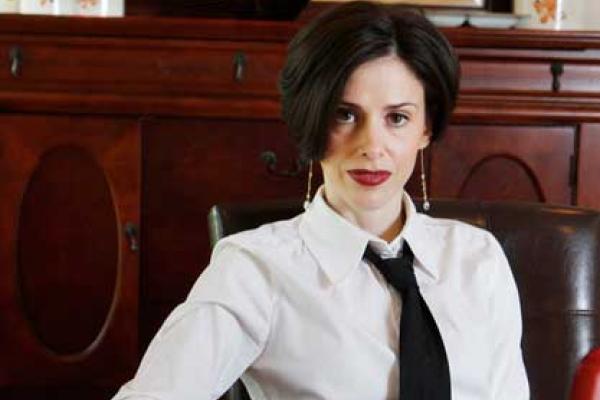Apr 24, 2012
Where I come from, girls are married off as teenagers to men they barely know and are expected to spend their lives caring for their husband and children. They are required to cover their hair and nearly every inch of their skin, and to remain behind a curtain at parties and religious events.
Where I come from, if a woman wants to feel her hair blow in the wind or wear jeans or attend college, the courts have the authority to take her children away from her.
Where I come from, you might be surprised to learn, is the United States. Specifically, New York and then New Jersey, in the Orthodox Jewish community.
Read the Full Article

Already a subscriber? Login
